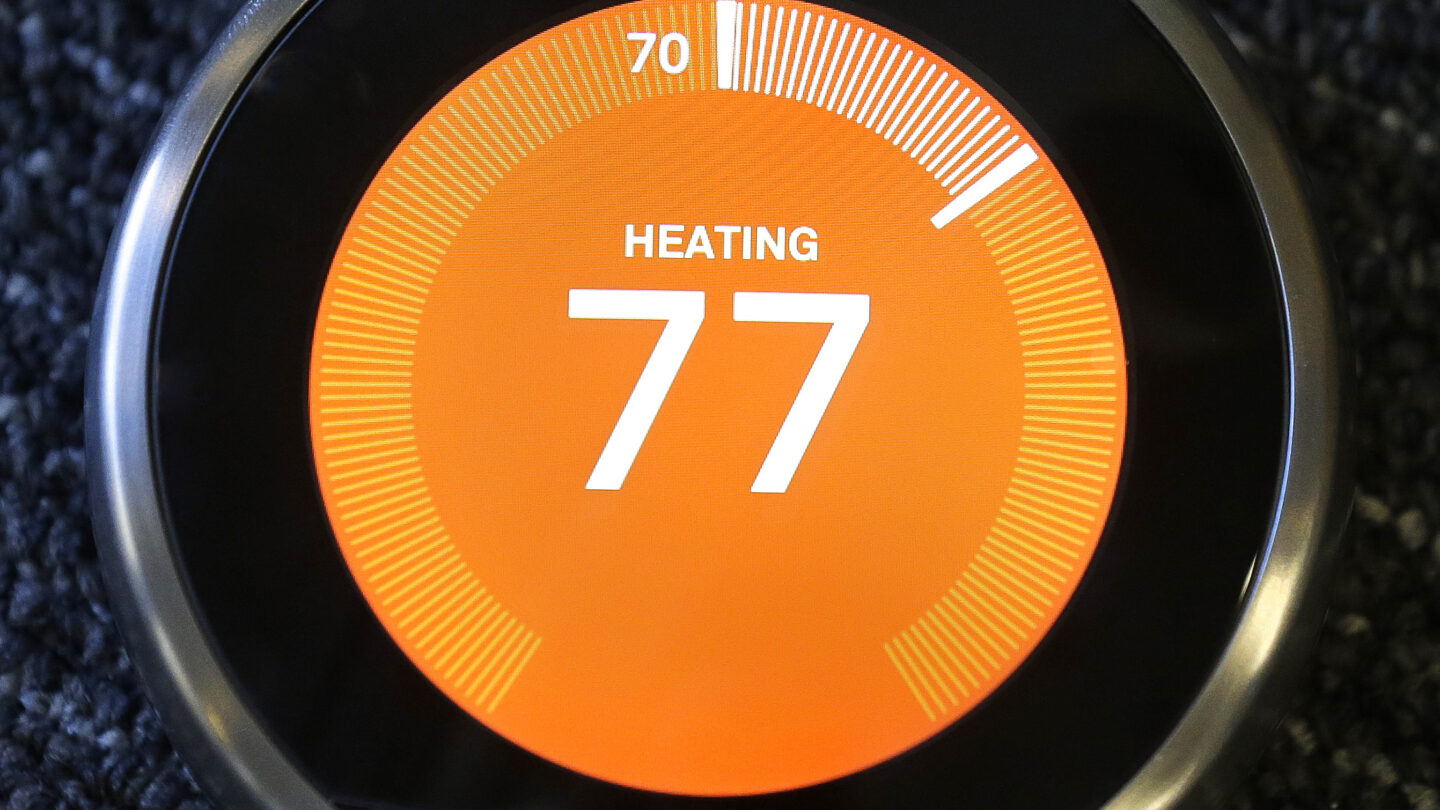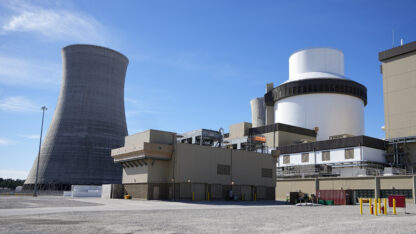Georgia Power scores low on implementing efficiency programs

This coverage is made possible through a partnership with WABE and Grist, a nonprofit independent media organization dedicated to telling stories of climate solutions and a just future.
As Georgia Power bills climb and summer heatwaves get worse, Georgians can find some relief by improving the energy efficiency of their homes – meaning they waste less electricity. But a new report finds the state’s largest utility is falling short on such programs.
The report by the American Council for an Energy-Efficient Economy scores the country’s largest electric utilities’ efforts on energy efficiency, based on data from 2021.
Energy efficiency is important for two reasons, according to experts: it saves people money on utility bills by reducing the amount of energy they have to buy, and it can lower greenhouse gas emissions by reducing the amount of energy utilities need to produce.
“Utilities have enormous customer bases and the ability to scale solutions,” said Mike Specian, co-author of the ACEEE report. “As a result, the utility sector is perhaps the best positioned of any sector to deliver energy savings to Americans.”
Georgia Power comes in at number 33 out of 53 utilities rated by ACEEE. The electricity provider for millions of Georgians scored especially low on metrics like how much energy their efficiency programs actually saved.
But the outlook could be improving, thanks in part to a change ordered in the utility’s long-range planning process last year, which the report highlighted as a recent “policy innovation.”
After urging from consumer advocates and clean energy groups, state regulators put energy efficiency on an equal footing with things that make energy, like power plants and solar farms. In future rounds of planning, starting with the next one in 2025, Georgia Power’s models will consider ways to lower the total amount of energy Georgians need, rather than just how to make more energy to meet the demand.
“You can think of energy efficiency sort of like a virtual power plant,” said Will Collier of the Southface Institute, one of the groups that advocated for the change. “The model actually will select more and more energy efficiency because it’s a low cost resource that pays dividends over the long term.”
Recent federal laws also offer tax incentives and rebates for improving energy efficiency, another reason advocates hope such programs will ramp up in the coming years.








